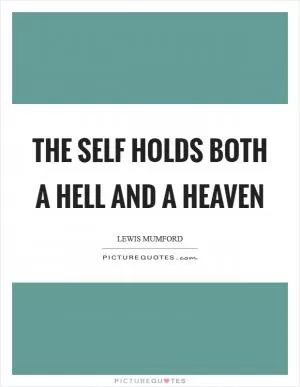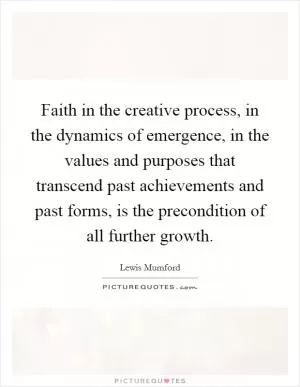Architecture is either the prophecy of an unformed society or the tomb of a finished one

Architecture is either the prophecy of an unformed society or the tomb of a finished one
Lewis Mumford, a prominent American historian and philosopher of technology and urban life, was known for his insightful observations on the relationship between architecture and society. One of his most famous quotes, "Architecture is either the prophecy of an unformed society or the tomb of a finished one," encapsulates his belief that architecture is not just a physical structure, but a reflection of the values, beliefs, and aspirations of a society.Mumford believed that architecture had the power to shape and influence society, serving as a mirror of the collective consciousness of a civilization. In this sense, architecture could be seen as a prophecy of what a society could become. By studying the architectural styles, materials, and designs of a particular time and place, one could gain insight into the cultural, social, and political forces at play. For Mumford, architecture was not just about aesthetics or functionality, but about the deeper meaning and symbolism embedded in the built environment.
On the other hand, Mumford also recognized that architecture could become a tomb for a finished society. In this context, he was referring to the tendency of societies to become stagnant, rigid, and resistant to change. When architecture becomes a mere reflection of past glories or traditions, it can inhibit progress and innovation. Mumford believed that societies that cling too tightly to the past, without adapting to new challenges and opportunities, risked becoming trapped in a cycle of decline and decay.












 Friendship Quotes
Friendship Quotes Love Quotes
Love Quotes Life Quotes
Life Quotes Funny Quotes
Funny Quotes Motivational Quotes
Motivational Quotes Inspirational Quotes
Inspirational Quotes